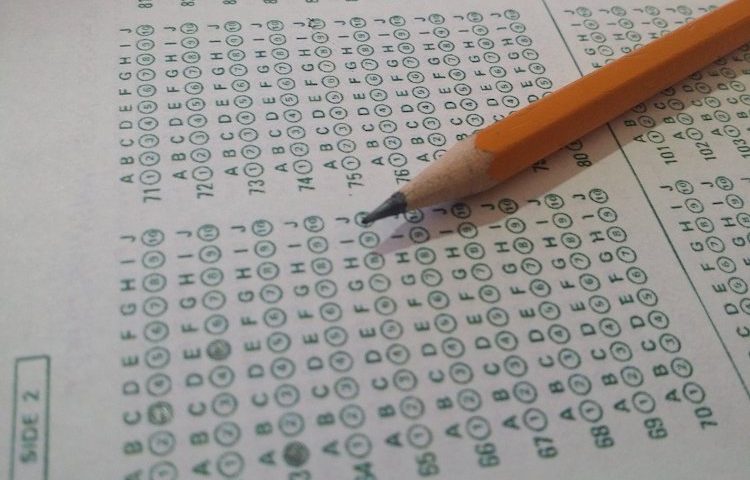Everything You Need to Know About Taking the LSAT

How to Find and Apply for Scholarships
August 27, 2021
Why Students Should Study Abroad
September 20, 2021Everything You Need to Know About Taking the LSAT
The Law School Admission Test (LSAT) is an important milestone for any student wishing to pursue a successful law career. According to consistent studies published by the Law School Admission Council, the LSAT is the single best predictor of a first-year law school performance. To that end, the LSAT’s main purpose is to access a student’s proficiency in the following skill areas:
- Reading Comprehension
- Reasoning
- Written Communication
- Knowledge of Substantive Law and Legal Procedure
- Arguing logically and persuasively in writing
What Content Appears on the LSAT?
Due to the ongoing global COVID-19 pandemic, the LSAT gets proctored through an online, live remote-proctored format. The LSAT gets administered in two parts: a multiple-choice exam (LAST-Flex) and an essay (LSAT Writing). During the LSAT, test-takers must complete four sections:
- Logical reasoning (arguments)
- Analytical reasoning (logic games)
- Reading comprehension
- An unscored essay
The multiple-choice exam consists of three sections focused on reading comprehension, analytical reasoning, and logical reasoning questions. The essay gets proctored through secure online proctoring software on the candidate’s personal computer. Furthermore, the LSAT takes about 3 ½ hours to complete and contains 99-102 multiple-choice questions
What is the Average LSAT Score?
The Princeton Review reports that most LSAT scores range between 120-180, and the median score reaching 152, meaning you need to score about 60% on the exam. It’s important to know how well you scored on the exam so you can differentiate yourself from the other competition. For example, if you rank in the 70th percentile for the exam, that means you performed better than 70% of test-takers with only 30% of testers scoring higher than you.
But if you’re striving to score higher than 150, you’ll need to practice as many LSAT questions as possible to familiarize yourself with the LSAT’s content and format. Once you’ve mastered the material, a higher LSAT score should soon follow.
Why are LSAT Scores so Important?
When applying to competitive law schools, a candidate’s undergraduate GPA and LSAT scores are the two main determinants in the application. Thus, earning an LSAT score in the top percentile, coupled with a solid undergrad GPA, can boost your chances of admission. If you plan on applying to one of the top-ten ranked law schools in the country, you must have a high GPA and LSAT score.
That’s not to say that you need a perfect score. Nonetheless, scoring at least a 170 on the LSAT, as well as earning a 3.5 GPA, will keep you in the running for admission to the nation’s top law schools like Harvard University, Yale University, or Columbia University. These top schools contain the lowest acceptance rates for full-time and part-time students ranging from a low 9-20% for selective admission.
How to Earn a High LSAT Score
While you may have earned high scores and grades through memorization, the LSAT is not your every day typical test. The LSAT hones in on the skills that you should’ve already mastered. Instead of memorizing facts and vocabulary, focus on exercising your critical thinking, reasoning, logic, and comprehension skills. As an added tip, try completing several practice tests with a variety of formats; that way, you can develop a stronger understanding of the test’s format and structure.
Furthermore, there are many local test prep centers for various tests like the LSAT that can give you the tools you need to complete the LSAT. For more helpful tips on college readiness and test-taking strategies, make sure to subscribe to our test prep blog.


